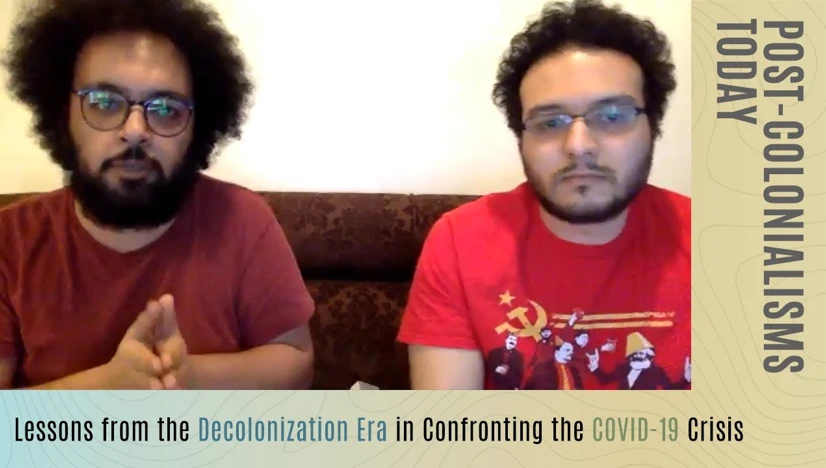Egypt's Past Industrialization Project: Lessons for the COVID-19 Crisis
Post-Colonialisms Today: postcolonialisms.regionsrefocus.org, 2020
Post-Colonialisms Today researchers Kareem Megahed and Omar Ghannam discuss the importance of industrial policy during the pandemic to improve domestic capacity for manufacturing essential goods. Centering lessons from early post-independence Egypt, Megahed and Ghannam highlight the lessons we can take away from this era as well as the shortcomings of Nasser’s regime. Universal healthcare was an important aspect of the Nasserite project, alongside the provision of other basic needs such as education and housing. Through a centralized planning of production for medication, Nasser’s post-independence industrialization project ensured that there was sufficient personal protective equipment and medication during a health crisis. Similarly, the centralized planning of government run, public hospitals became the main form of healthcare that the Egyptian people had access to during this period. Over time, healthcare became privatized and limited people’s access to basic healthcare, which is now exacerbated by the pandemic. Both presenters highlight the myriad of ways the pandemic has worsened systems of oppression and share the importance of reanalyzing post-colonial leaders and their vision of decolonizing.
Comment from our editors:
This presentation was part of the Post-Colonialisms Today webinar, “Lessons from the Decolonization Era in Confronting the COVID-19 Crisis.”
Go to: Egypt's Past Industrialization Project: Lessons for the COVID-19 Crisis

